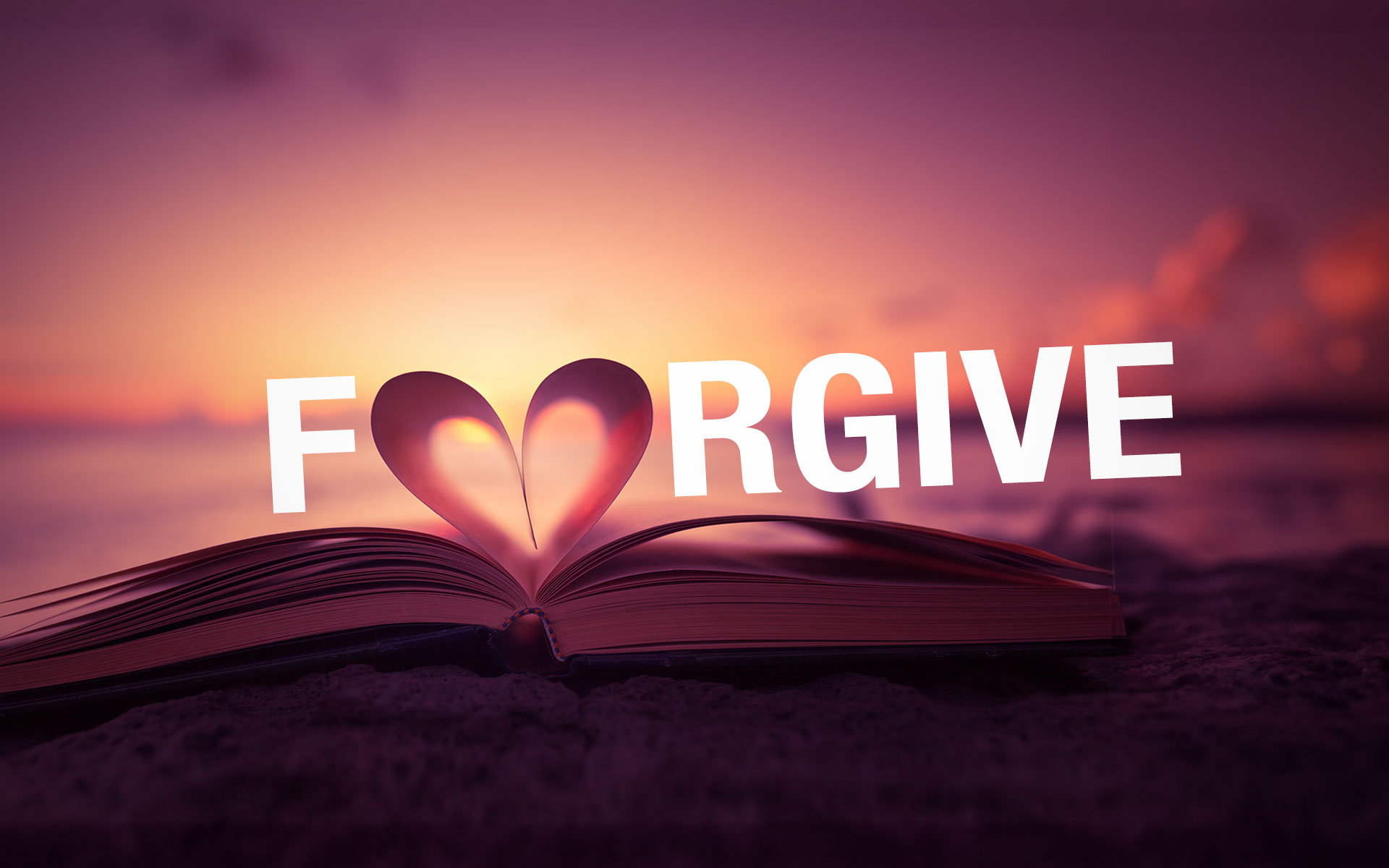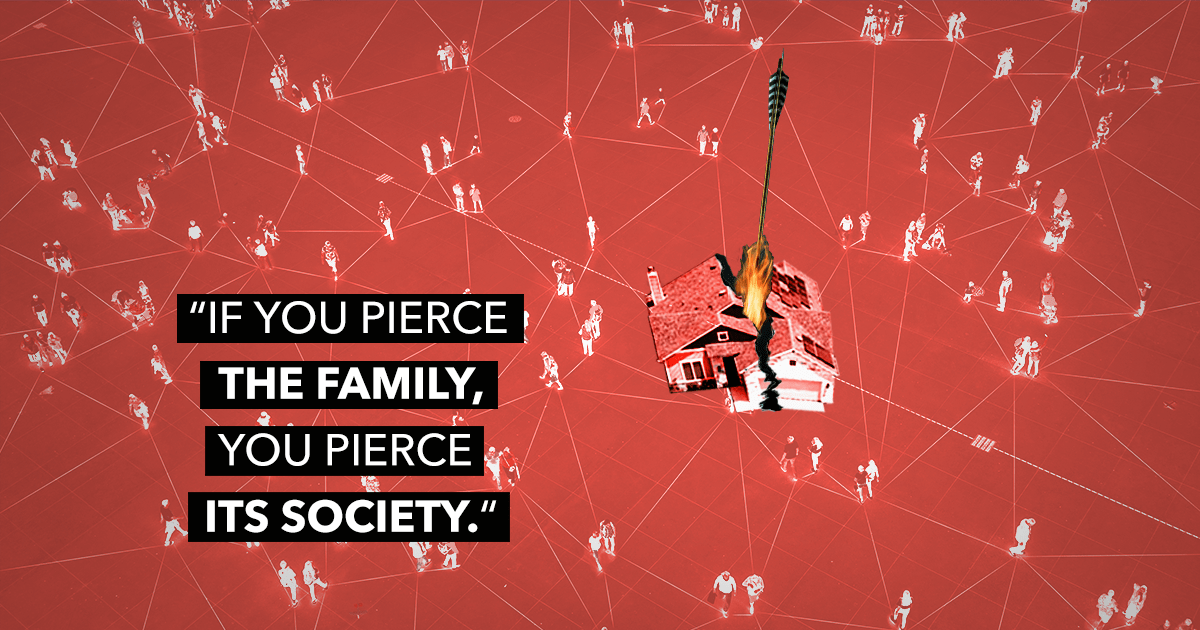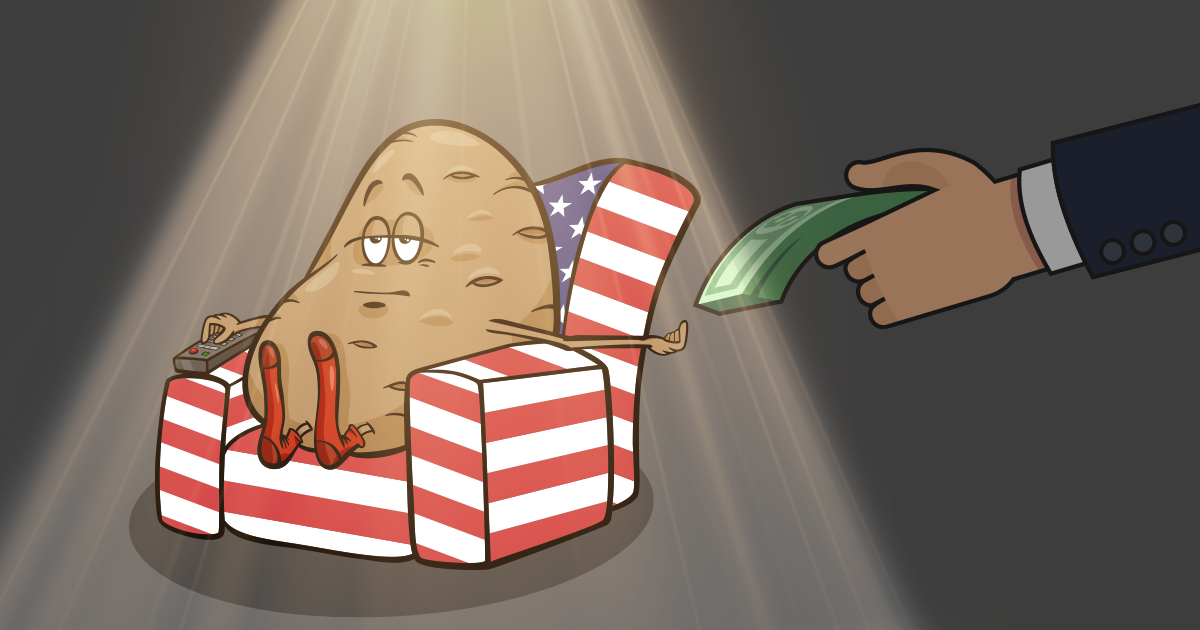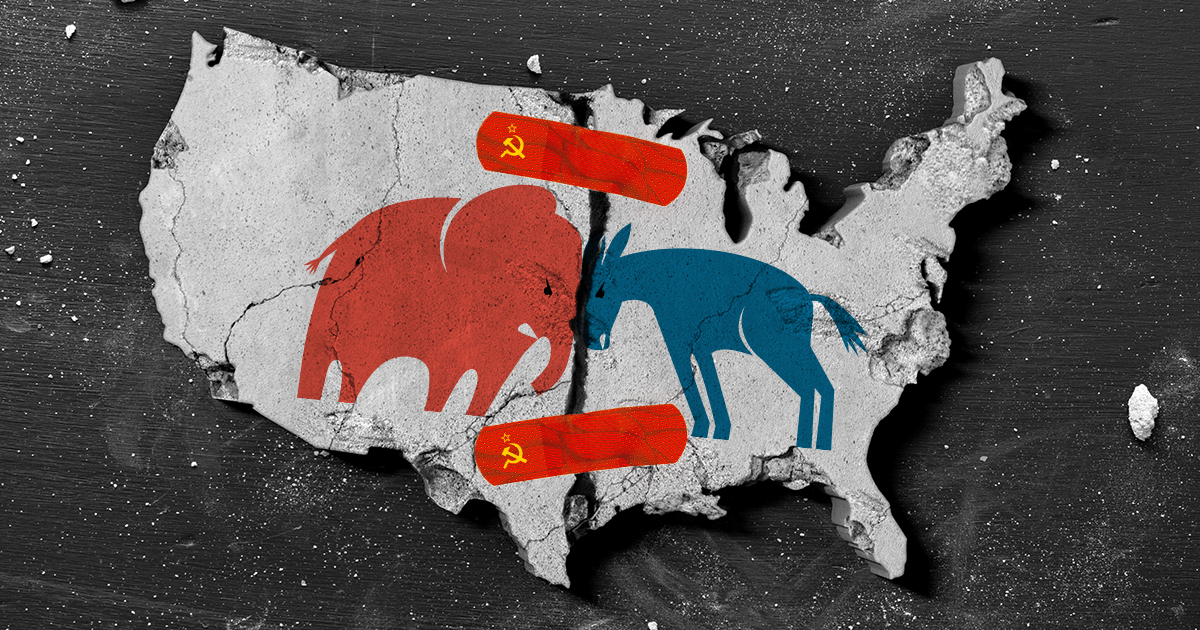For I, the LORD, love justice; I hate robbery and wrongdoing.
Isaiah 61:8
If you've ever had your home or car broken into, you know how violating such an act can feel. It's happened to me twice.
Break-ins to your vehicle are one thing; break-ins to your inner life can be devastating.
Perhaps you've known the sting of rejection or betrayal from a boyfriend, girlfriend, or spouse. Whether it's a slap across the face or a slap across the heart, abuse of any kind is hurtful—and simply wrong.
We are a scarred people. Although you don't see the inner cuts and bruises caused by cruel words or actions, they are there.
In your humanness, you may feel like harboring resentment or taking revenge. You've been hurt, and you want payback. But those feelings of animosity are like misguided ships that try to dock in the harbor of your heart.
Don't let them.
We all handle pain differently. But emotional pain doesn't have to stay inside festering. Brokenness can be restored.
Let's uncover the healing truth about the power of forgiveness in broken relationships.
Justice is served
One of the biggest reasons people don't want to forgive someone who's hurt them is because they mistakenly believe that the person will get away with his or her crime against that person. If I forgive them, you may think, then he or she will be off the hook or will think I condone their behavior.
You think that individual should suffer—and do so at your hands.
Instead, when you forgive, you are releasing the other person from your hands and giving him or her to God to handle; He will ensure justice is served.
Release the pain
When you don't forgive, the emotional pain is like acid; it begins to eat away at your heart. You lose your joy, you turn inward, or you become a hardened and angry person.
Ask yourself, What am I holding onto so tightly? What do I need to let go of?
Forgiving someone who's wronged you is difficult, but not impossible. Why? Because God has first forgiven us and asks us to forgive others.
Jesus said, "For if you forgive other people when they sin against you, your heavenly Father will also forgive you. But if you do not forgive others their sins, your Father will not forgive your sins" (Matt. 6:14-15).
Whether or not he or she says they're sorry, whether or not that person asks ask for forgiveness, you can choose to forgive.
It may sound impossible, but with the power of God at work in us, we can do what we never thought we had the courage to do.
Receive freedom
The good news is that forgiveness releases the pain and frees you. No longer handcuffed to misery, you find bitterness receding and joyfulness returning. That person no longer has control of your life or emotions.
Instead of a victim, you are a victorious person who has overcome!
Forgiveness doesn't necessarily mean you have to reconcile or spend time with people who have hurt you. Sometimes the wisest and healthiest thing to do is to stay away and have boundaries to protect your heart from further pain.
A fresh wind is blowing. It's the freedom you feel when you've forgiven those who have mistreated you.
Will you choose to harbor bitterness and resentment, or will you find liberty—in forgiving others because you have been forgiven first by God? New-found joy and lasting peace are possible.
The choice is yours.
Isaiah 61:8
If you've ever had your home or car broken into, you know how violating such an act can feel. It's happened to me twice.
Break-ins to your vehicle are one thing; break-ins to your inner life can be devastating.
Perhaps you've known the sting of rejection or betrayal from a boyfriend, girlfriend, or spouse. Whether it's a slap across the face or a slap across the heart, abuse of any kind is hurtful—and simply wrong.
We are a scarred people. Although you don't see the inner cuts and bruises caused by cruel words or actions, they are there.
In your humanness, you may feel like harboring resentment or taking revenge. You've been hurt, and you want payback. But those feelings of animosity are like misguided ships that try to dock in the harbor of your heart.
Don't let them.
We all handle pain differently. But emotional pain doesn't have to stay inside festering. Brokenness can be restored.
Let's uncover the healing truth about the power of forgiveness in broken relationships.
Justice is served
One of the biggest reasons people don't want to forgive someone who's hurt them is because they mistakenly believe that the person will get away with his or her crime against that person. If I forgive them, you may think, then he or she will be off the hook or will think I condone their behavior.
You think that individual should suffer—and do so at your hands.
Instead, when you forgive, you are releasing the other person from your hands and giving him or her to God to handle; He will ensure justice is served.
Release the pain
When you don't forgive, the emotional pain is like acid; it begins to eat away at your heart. You lose your joy, you turn inward, or you become a hardened and angry person.
Ask yourself, What am I holding onto so tightly? What do I need to let go of?
Forgiving someone who's wronged you is difficult, but not impossible. Why? Because God has first forgiven us and asks us to forgive others.
Jesus said, "For if you forgive other people when they sin against you, your heavenly Father will also forgive you. But if you do not forgive others their sins, your Father will not forgive your sins" (Matt. 6:14-15).
Whether or not he or she says they're sorry, whether or not that person asks ask for forgiveness, you can choose to forgive.
It may sound impossible, but with the power of God at work in us, we can do what we never thought we had the courage to do.
Receive freedom
The good news is that forgiveness releases the pain and frees you. No longer handcuffed to misery, you find bitterness receding and joyfulness returning. That person no longer has control of your life or emotions.
Instead of a victim, you are a victorious person who has overcome!
Forgiveness doesn't necessarily mean you have to reconcile or spend time with people who have hurt you. Sometimes the wisest and healthiest thing to do is to stay away and have boundaries to protect your heart from further pain.
A fresh wind is blowing. It's the freedom you feel when you've forgiven those who have mistreated you.
Will you choose to harbor bitterness and resentment, or will you find liberty—in forgiving others because you have been forgiven first by God? New-found joy and lasting peace are possible.
The choice is yours.












